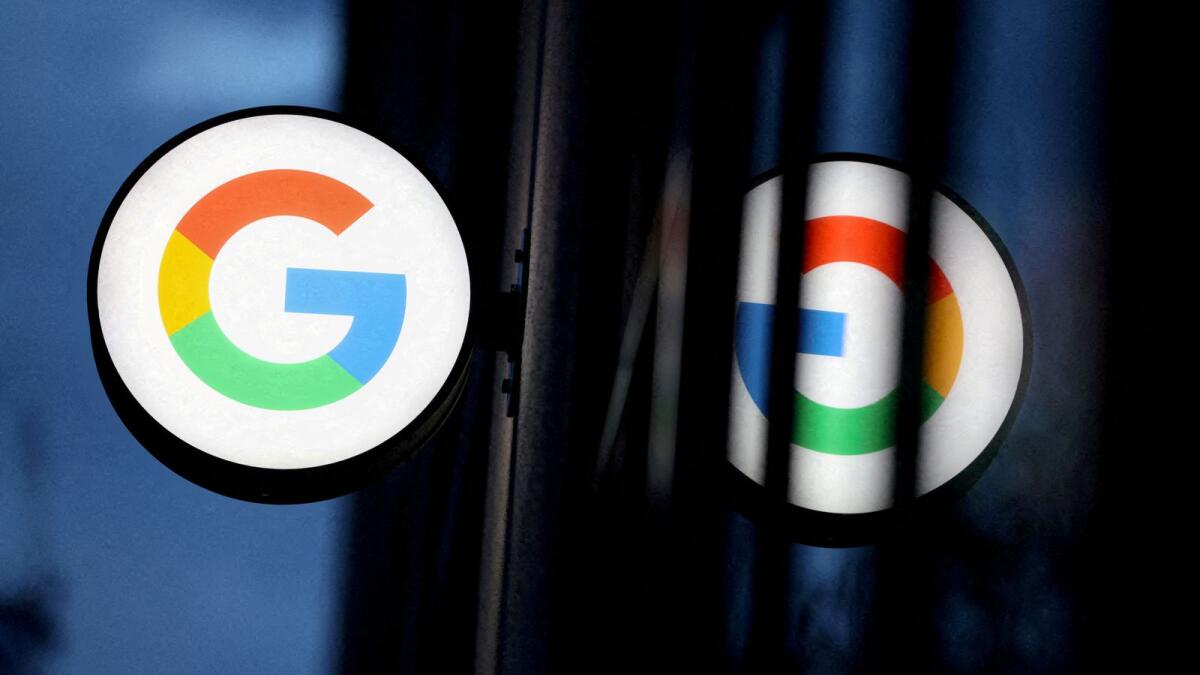An adviser to Europe’s top court has stated that Google’s refusal to allow an e-mobility app developed by Enel access to its Android Auto platform could potentially breach competition rules, in agreement with Italy’s antitrust authority. The Italian regulator had fined Google 102 million euros for blocking Enel’s JuicePass on Android Auto, a software that enables drivers to use maps on their car dashboards and send messages while driving.
According to Court Advocate General Laila Medina, Google’s refusal to provide third-party access to the Android Auto platform may constitute a violation of competition rules. Medina highlighted that an entity in a dominant position could be seen as abusing that position if their actions prevent a third-party operator’s app from accessing the platform, especially if such actions could harm consumers and lack objective justification.
Google had initially cited security concerns and the absence of a specific template as reasons for not making JuicePass compatible with Android Auto. However, the tech giant stated that it has taken steps to address the issue since then. A Google spokesperson mentioned that they have been working to add the requested template by Enel and highlighted that many similar apps are already available globally on Android Auto.
The final decision on this case remains pending, with CJEU judges expected to make a ruling in the coming months. It is noted that these judges typically follow the majority of non-binding opinions such as the one provided by the Advocate General in this instance. The case, known as C-233/23 Alphabet and Others, addresses the issue of Google’s refusal to allow Enel’s JuicePass app on its Android Auto platform.
In conclusion, the ongoing legal battle between Google and Italy’s antitrust authority over the exclusion of Enel’s JuicePass app from the Android Auto platform sheds light on potential competition rule violations. The Advocate General’s opinion indicates that Google’s actions may have harmed competition and consumers, prompting the tech giant to take steps to resolve the issue. The final decision from CJEU judges will provide clarity on whether Google’s refusal constitutes a breach of competition rules and the implications for future app development on the Android Auto platform. Businesses and consumers alike will be watching this case closely to see how it may impact competition in the technology sector.











